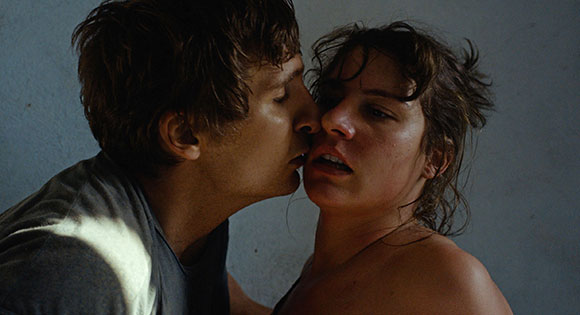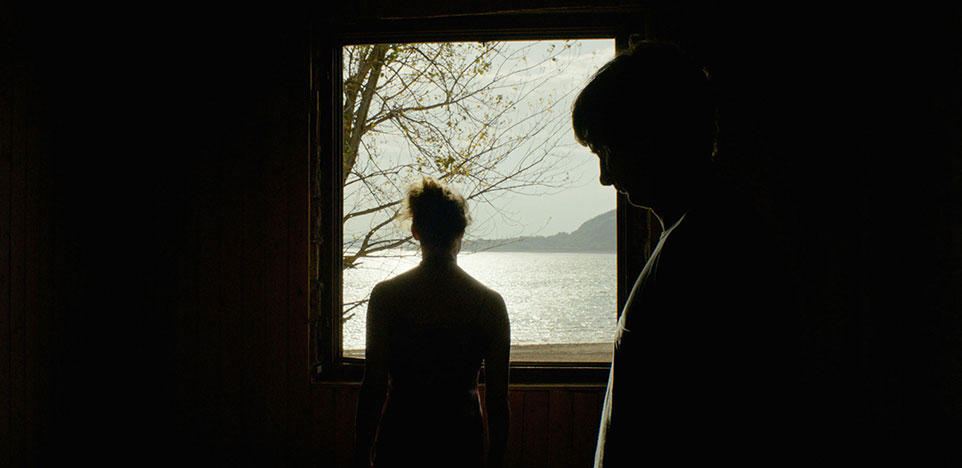The High Sun is being presented as part of the Human Rights Watch Film Festival in New York City. Visit the official site for other cities and dates.
Writer and director Dalibor Matanic has created a trio of stories exploring the intertwining of love and hatred as young men and women seek to survive the ethnic battles taking place in Yugoslavia from 1991 to 2011. All three stories feature Goren Markovic and Tihana Lazovic in the lead roles.
The first tale is set in the prewar period of 1991 in Balkan territory. Servian Jelena is a feisty and free young woman who is madly in love with Croatian Ivan, a relaxed young man who plays the trumpet. They have made plans to elope but her intense brother, who was drafted into the army, opposes the union and calls Ivan "an oaf from the other side." Matanic vividly captures the ethnic hostility which can explode when people see the world as an "us vs. them" battleground.
In the second tale, the year is 2001, two Serbians, an emotionally troubled young woman and her mother, return to their home in enemy territory. Whereas the mother wants to move on after the death of her son in the war, the daughter cannot let go of this loss. When a young Croatian repairman comes to fix their house, he becomes a target of revenge by the daughter.

The last story is set in 2011 when a young man returns home. On his way to a party with his best friend, he stops for a surprise visit with his parents and former lover who has been raising their infant child. He comes seeking forgiveness whereas she is imprisoned in anger towards him.
Dalibor Matanic has made a powerful film about the strong emotions of love, hate, anger, and compassion. In the press notes he states:
"It is so easy to hate; for loving you need a little bit of training, to overcome all the obstacles from past and present. That's why I am saying with this film I wanted to STOP the history, to move society forward to a new level based on higher human principles. There is one thing I am sure about: at the end of the day, politics and extreme nationalism never win. Love does."
Ethnic hatred, war, and revenge are horrible obstacles to human rights and the nurturing of freedom and diversity. Matanic sees love as the healing balm and the way into a future based on "higher human principles."
